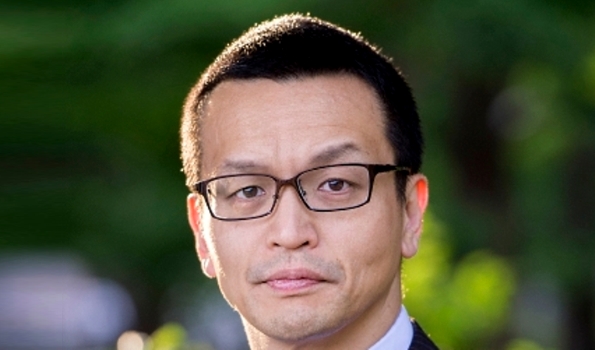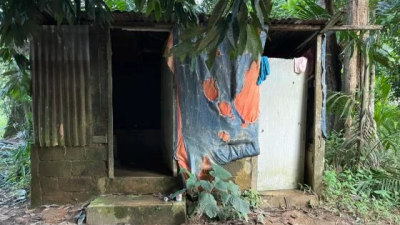
By Atsuhito Isozaki
We are now less than three months away from the U.S. presidential election. All opinion polls show Donald Trump as the underdog. Meanwhile, things are quiet in North Korea.
Perhaps due to coronavirus measures in North Korea, there has been a sharp drop in coverage of Chairman Kim Jong-un's movements, and recently he has been doing little more than chair party meetings. When it comes to international relations, North Korea's approach of protesting against the United States and South Korea by releasing one-sided statements has become established.
Kim's sister Kim Yo-Jong's statement on 10 July however hints at North Korea's current perception of the United States. Despite saying that she "doubt[s] [it] would happen this year" regarding the possibility of a U.S.–North Korea summit, she also said it "depend[ed] upon the judgment and decision between the two top leaders." At the end of her statement, Kim Yo-jong even said she had received permission from Chairman Kim to obtain DVDs showing U.S. Independence Day celebrations. The point is, they are trying to restart contact behind the scenes.
As all of Trump's attention is on the presidential election, it is improbable that he will start doing something about the North Korea issue at this point. Diplomacy has always been difficult to link to votes. Despite this, we can see that the North Korean side still has hopes of resuming talks.
Meanwhile, South Korean President Moon Jae-in, who it seemed would not play any further role, is now seeking to remain a player with regard to the North Korea issue. Moon Jae-in's determination for "peace and coexistence" is clear, while Kim Jong-un has no option but to use the opportunity. As the North Koreans care much about appearances, they will not bow their heads and request aid, but it is very probable that South Korea will unilaterally offer aid. Moon Jae-in's ruling party has a free hand thanks to their landslide victory in April and they are undoubtedly exploring options that South Korea can pursue by itself despite a deadlock between the United States and North Korea.
One of North Korea's dearest wishes since the Kim Il-sung era has been for the U.S. troops in South Korea to withdraw and for the South Korean "National Security Act" to be repealed. The withdrawal of U.S. troops in South Korea might be distant, but President Trump has clearly signaled his intention to reduce their size.
The area where South Korea can act more independently is with regard to repealing the domestic legislation of the National Security Act. This law was created to purge the "anti-government organizations" sympathizing with North Korea and there is deep-seated criticism of it being a hotbed for the suppression of human rights. Former President Roh Moo-hyun, who was Moon Jae-in's senior, tried to repeal it, but failed.
At present, progress in U.S.–North Korean relations seems difficult even if South Korea assumes a mediator role. If the situation were to change again, it would likely be because Trump loses the election and instead sets his eyes on legacy-building. Normally, legacy-building is something a president thinks about in their second term, but it is not impossible that the surprise-loving Trump once again approaches North Korea in a bid to make his mark on history. According to the memoirs of John Bolton, former United States National Security Advisor, the sole focus of Trump ahead of the U.S.–North Korea summits was how to make himself stand out.
The historically unprecedented U.S.–North Korea summit in Singapore was realized only because Trump suddenly gave the green light. It was something unexpected even for the Kim Jong-un administration. It may seem that the nuclear power North Korea is manipulating the state of affairs in East Asia, but the things a small country can do are actually limited. In truth, time has just gone by without North Korea being able to obtain the actual benefit of relaxed economic sanctions.
(Atsuhito Isozaki is Associate Professor at Keio University, Japan.)
ADVERTISEMENT
ADVERTISEMENT


































